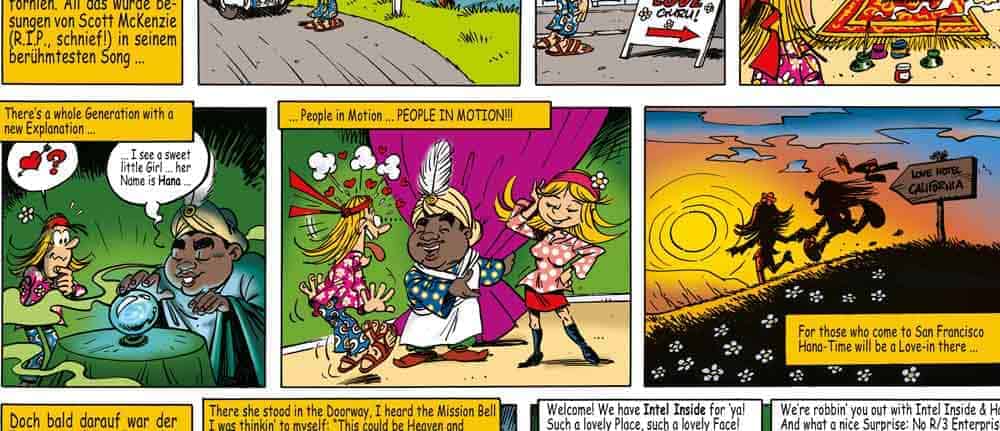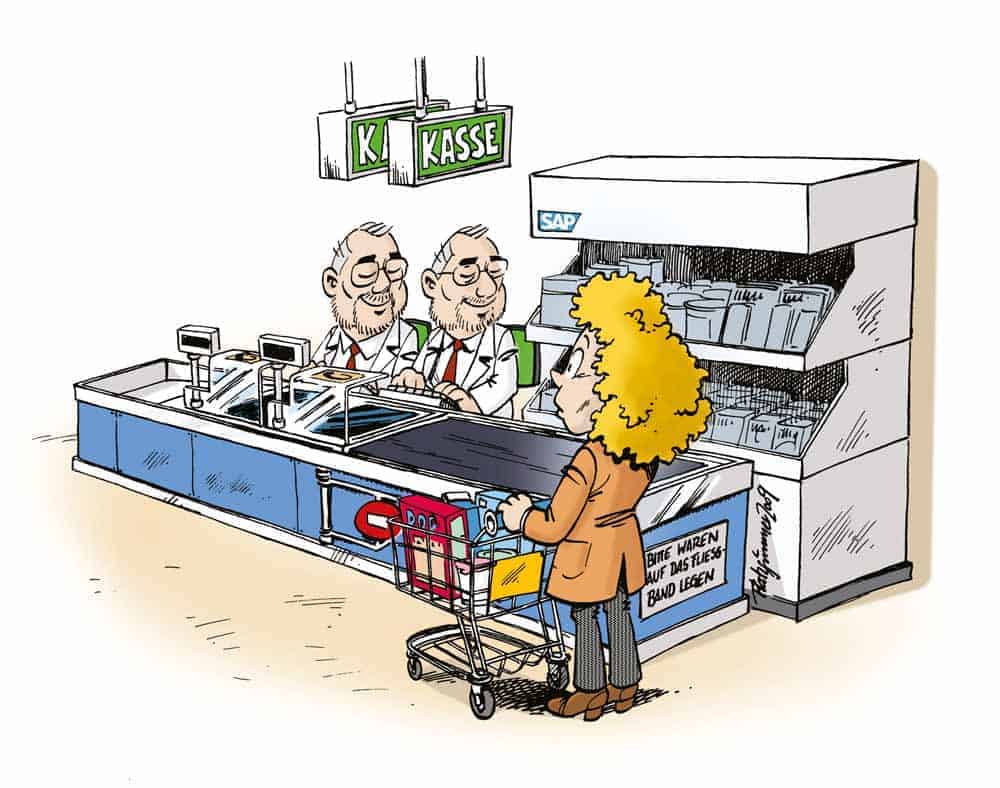Double holds better


Better to collect twice before overlooking someone, SAP might think. You hold out your hand when someone enters the building, but again you stand at the exit with your hat in your hand.
This is not a new phenomenon in Walldorf. Even under ex-SAP CEO Léo Apotheker, double payment for services rendered was the normal way of doing things - to be sure.
SAP software has never been cheap, but it has always been worth the money. No one likes to pay, but for the "legal" licenses, existing customers have not only voluntarily accepted high prices, but have also always received corresponding value.
For many years, it was a functioning ecosystem to the satisfaction of both sides. With the tools provided, SAP motivated partners and users to drive their own developments and program add-ons.
Many innovative additions to SAP's world-leading standard business software were created in the partner scene. Naturally, these extensions had to draw on the data stock of the SAP systems.
After all, it was precisely SAP's unique selling point that there was a single point of truth (SPOT) in this ERP system. Consolidated data, i.e. master data management, is the added value of an ERP system from Walldorf. Naturally, all add-ons, Abap modifications and other extensions make use of the singular data stock of the central ERP.
Indirect use is therefore a contradiction in terms: From the very beginning, SAP has designed the entire system in such a way that there is no multiple data storage, so that the accounting department does not use a different address master than the shipping or marketing departments.
It is stupid and short-sighted to ruin this ingenious SAP concept by greed - even if the double cashing in at the exit is very tempting.
Due to the quality of its software, SAP is not only the market leader, but also the global ERP monopolist, which gives it the power to double down - but this is not justified.
This price premium on all external applications, which by their very nature make use of the data stock from the central ERP system, is counterproductive for innovation and digital transformation.
With indirect use, SAP is shooting itself in the foot. Ultimately, everyone is aware of the dilemma around indirect use and there is no logical argument for using data or having to pay for data from a system that is already fully licensed.
This leaves only one reason for charging licenses, maintenance fees and support twice: SAP needs steady revenue to be able to finance the Hana, S/4 and cloud computing adventures.
At the ECC 6.0 checkout, double billing takes place and the additional revenues are used to build a cloud cuckoo's home in Walldorf. It is therefore also a moral question whether the additional revenue from indirect use will benefit existing customers or whether it will be used to finance the fantasies of SAP.







